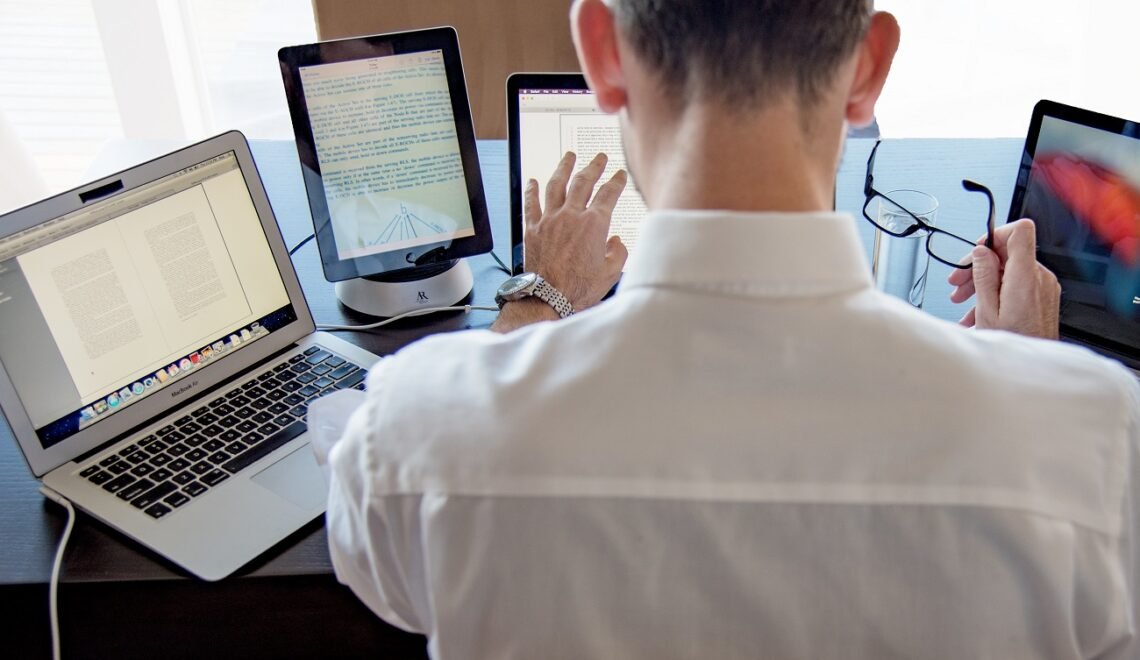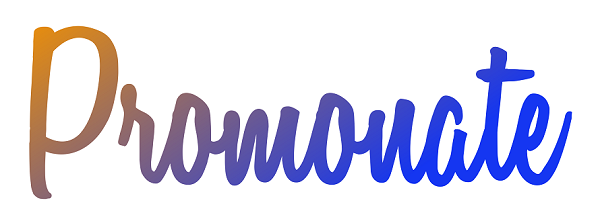Discover the Techniques to Learn Anything

Each person is different and countless factors influence their ability to learn. However, by knowing the most appropriate methods for the brain to retain information, anyone can optimize the process to make it faster and more effective. Here are the scientific techniques to learn anything.
Do good planning
Many people, sometimes due to time or lack of complexity of the task, underestimate the importance of mental planning. The most important strategy to learn anything more quickly and effectively is this initial stage: Planning. If you can organize your work well, set priorities, and properly measure the effort that you must carry out for each task.
You will achieve higher performance and a better ability to solve problems. It is normal that at first, it may cost you a little more to plan properly, but do not despair, this cognitive ability is improved by practicing.
Learn individual parts
As individual parts, the skills are easier to study and learn. Over time, the accumulation of these smaller skills will add to the learning of the larger skill. For example, to learn photography, it is best to learn one by one the operation of the different components, such as the shutter or the lens. Little by little this knowledge will be added and will allow the superior skill to be learned faster.
Learn for a short time
Research has shown that the amount of time it takes to learn affects the brain the most. Will stay for a short time Rather than tutoring for 10 hours. The most effective learning period is 30 minutes, which can be divided 20 times per week. Because the brain can receive information into Neurosurgery or synapse is good for a short period of time, as opposed to receiving information for a long time. This shows that swimming, tennis, or singing skills are the same.
Curiosity activates your brain
Why is it that when we are told a story, we watch a movie, or we read an interesting novel, we can effortlessly remember a lot of data? The answer is very simple: Curiosity, which together with emotion, is the key to learning. Being curious about something activates the reward system of our brain, releasing dopamine, a substance related to the pleasure system.
Without a doubt, the beings most eager to learn and most curious about the world that we can know are the “little ones.”
Use flashcards to stimulate memories
Many people spend hours doing reviews, reading summary sheets, exam notes, or highlighting various books. Research has shown that this makes learning ineffective. It doesn’t give you more insight into the content, nor do the main concepts together.
This can be a bad result. To attract attention to the less important information. On the contrary, flashcards have been proven. Then that is a great memory stimulant. Whether it is a learning curve or on the way home.
Better than continuous distributed learning
Whether you study two, four, or eight hours each day, the distribution of time and the learning material will be a key factor.
Errors help to improve
A study of motor learning reveals that the brain reserves space for mistakes, allowing us to retrieve these memories to improve in future attempts. Therefore, it is important to see the bugs in a positive light, analyze them and find out how to correct them.
Conclusion
Being positive and trusting in your abilities is another tip to study better, learn faster, and be successful. Anxiety feeling prevents exploring solutions to solve problems and negative thoughts produce anxiety.
Best of luck in your learning!










